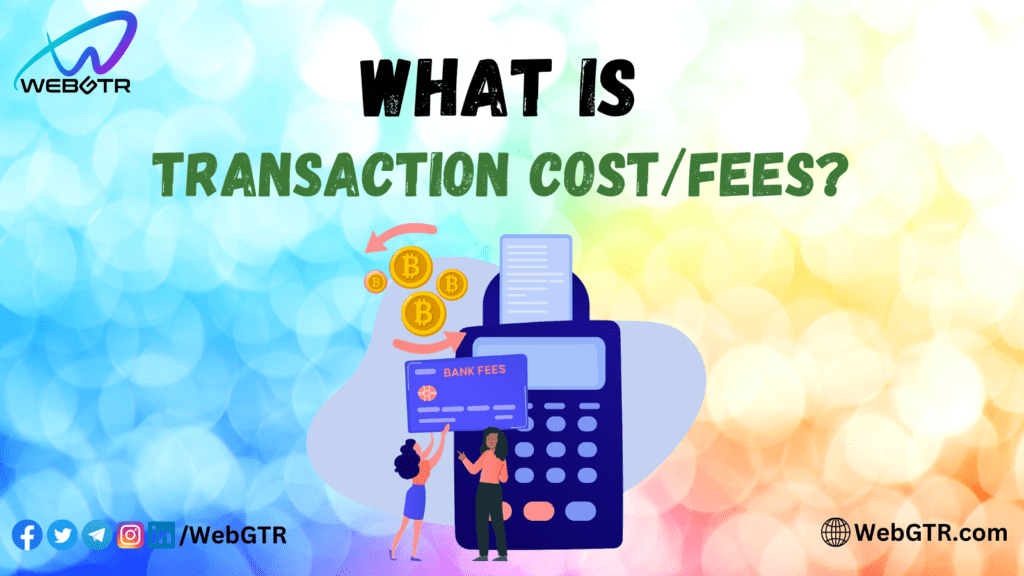
Cryptocurrencies, despite their decentralized nature and lack of central bank or government oversight, still involve transaction costs for users when transferring digital coins. These costs are associated with various elements within the cryptocurrency ecosystem.
For instance, Bitcoin (BTC), which operates on a decentralized network, imposes “network fees” that are paid to BTC miners. Miners are individuals or groups who dedicate their computing power to validate transactions on the Bitcoin blockchain. These fees incentivize miners to continue participating in the network and contribute their computational resources. The overall hash power on the Bitcoin network directly impacts its security and resilience against potential attacks.
Similarly, Ethereum (ETH), another popular blockchain platform, utilizes “gas fees” as transaction costs. Users must pay these fees to execute transactions or smart contracts on the Ethereum network. Gas fees compensate the node operators, who are responsible for confirming and processing transactions on the Ethereum blockchain.
In addition to blockchain-specific fees, individuals also encounter transaction fees when using centralized cryptocurrency exchanges (CEXs). CEXs function as centralized platforms where users can buy, sell, and trade digital assets, akin to traditional stock brokerage websites. Each CEX has its fee structure, typically charging commissions on trades as well as additional fees for depositing or withdrawing funds from the exchange.
Being aware of these transaction costs is crucial for cryptocurrency users, as they can vary depending on the specific blockchain or exchange utilized. Understanding and considering these fees enable individuals to effectively manage their cryptocurrency transactions and stay informed about the costs associated with using these platforms.
Need more information about WebGTR:
Website | Twitter | Instagram | Telegram Official Group | WhatsApp


Leave a Reply